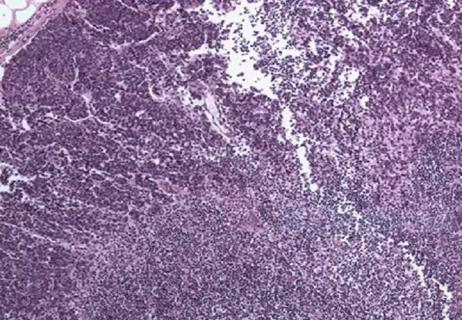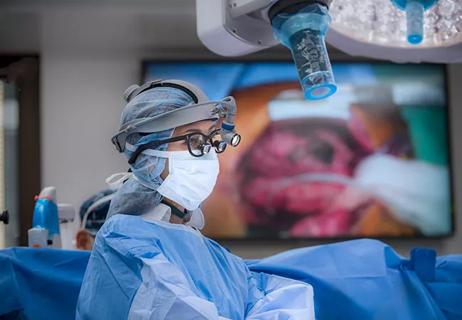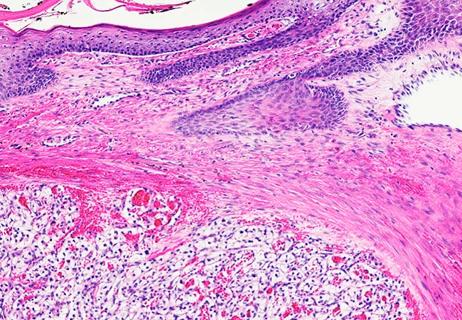Locations:

Soft tissue pathologist discusses research into incorporating genomic data to improve risk stratification

A new project helps standardize technology workflows and improve the risk stratification process

Leveraging the prognostic significance of sentinel lymph node biopsy histologic patterns

Small numbers of heterogeneous patients complicate outcomes measurement in this highly nuanced field
Advertisement
Cleveland Clinic is a non-profit academic medical center. Advertising on our site helps support our mission. We do not endorse non-Cleveland Clinic products or services. Policy

Better assessing individual risk of recurrence
Advertisement
Advertisement